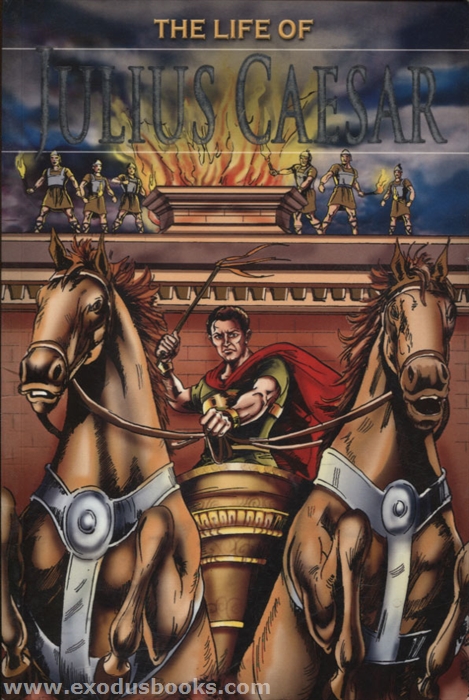

The introduction to the Loeb edition of Suetonius, translated by J. The following list of lost works of Suetonius is taken from the foreword written by Robert Graves in his translation of the Twelve Caesars. They apparently survive in part in the form of extracts in later Greek glossaries. The two last works were written in Greek.

The Twelve Caesars, probably written in Hadrian's time, is a collective biography of the Roman Empire's first leaders, Julius Caesar (the first few chapters are missing), Augustus, Tiberius, Caligula, Claudius, Nero, Galba, Otho, Vitellius, Vespasian, Titus and Domitian. He is mainly remembered as the author of De Vita Caesarum-translated as The Life of the Caesars although a more common English title is The Lives of the Twelve Caesars or simply The Twelve Caesars-his only extant work except for the brief biographies and other fragments noted below. But Hadrian later dismissed Suetonius for the latter's alleged affair with the empress Vibia Sabina. Under Hadrian, he became the Emperor's secretary. Under Trajan he served as secretary of studies (precise functions are uncertain) and director of Imperial archives. Suetonius may have served on Pliny’s staff when Pliny was Proconsul of Bithynia and Pontus (northern Asia Minor) between 110 and 112. Through Pliny, Suetonius came into favour with Trajan and Hadrian. Pliny describes him as "quiet and studious, a man dedicated to writing." Pliny helped him buy a small property and interceded with the Emperor Trajan to grant Suetonius immunities usually granted to a father of three, the ius trium liberorum, because his marriage was childless. Suetonius was a close friend of senator and letter-writer Pliny the Younger. It is certain that Suetonius came from a family of moderate social position, that his father, Suetonius Laetus, was a tribune belonging to the equestrian order ( tribunus angusticlavius) in Legio XIII Gemina, and that Suetonius was educated when schools of rhetoric flourished in Rome. His place of birth is disputed, but most scholars place it in Hippo Regius, a small north African town in Numidia, in modern-day Algeria. Gaius Suetonius Tranquillus was probably born about AD 69, a date deduced from his remarks describing himself as a "young man" 20 years after Nero's death. For more guidance, see Wikipedia:Translation.You should also add the template to the talk page.A model attribution edit summary is Content in this edit is translated from the existing Deutsch Wikipedia article at ] see its history for attribution. You must provide copyright attribution in the edit summary accompanying your translation by providing an interlanguage link to the source of your translation.If possible, verify the text with references provided in the foreign-language article. Do not translate text that appears unreliable or low-quality.Machine translation like DeepL or Google Translate is a useful starting point for translations, but translators must revise errors as necessary and confirm that the translation is accurate, rather than simply copy-pasting machine-translated text into the English Wikipedia.


 0 kommentar(er)
0 kommentar(er)
